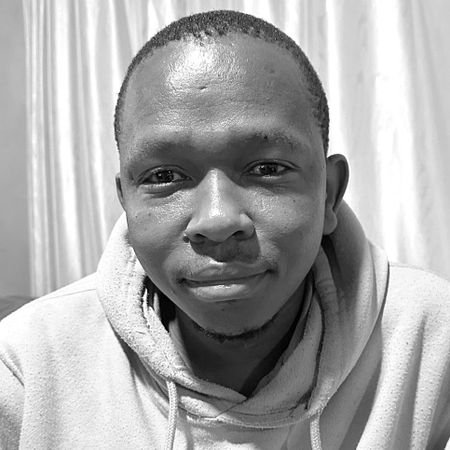Each September, as South Africa commemorates the life and sacrifice of Steve Biko, we are confronted with the sobering question: what does Black Consciousness mean in our time? For many, Biko’s words remain frozen in history – etched in slogans, murals and occasional speeches.
But the conditions facing black working-class communities today show that Black Consciousness is not only relevant, it is necessary for survival.
The townships of Gqeberha – Kwazakhele, New Brighton, Zwide, Motherwell – are engulfed in violence. Guns and shootings are no longer exceptional; they are woven into the daily rhythm of life.
The brutal reality is that what we call “crime” is in fact the visible expression of a deeper rupture in our social fabric. Families are collapsing under economic strain, young people are left idle without work, and communities that once thrived on solidarity are now scarred by fear and insecurity.
This is not a coincidence, nor a simple matter of individual failure. It is the outcome of a political and economic system that has abandoned the black majority while protecting the interests of capital.
Hunger, despair and class war
South Africa today has the highest unemployment rate in the world – higher even than countries also trapped in cycles of debt and austerity. This unemployment is not a neutral statistic. It is overwhelmingly racialised and gendered.
It is the black working class who are denied jobs. It is young black people who are excluded from futures. And it is black women who are forced to bear the unbearable weight of hunger and poverty.
In the Eastern Cape, despair runs so deep that many black women have taken their own lives. In Gqeberha, child hunger has reached catastrophic levels. Stunting and malnutrition are widespread, with more than 10 children dying each month simply because they cannot access adequate food.
What we are witnessing is nothing less than a war on the poor – a class war waged through neoliberal austerity, through the closure of industries and through the deliberate abandonment of working-class communities. Factories close under the pretext of “global competition” and “economic restructuring”, but for the people, it means jobs lost, dignity stolen and futures foreclosed.
Even municipal finance reflects this injustice. Cities now operate on a fiscal model that prioritises those who can pay rates and taxes, effectively deciding who deserves water, electricity and housing based on the ability to pay. The poor – overwhelmingly black and working class – are simply written out of the equation.
Black Consciousness for our epoch
To confront this reality, we must return to Black Consciousness – not as a slogan, but as a living political weapon. For Biko, Black Consciousness was about more than identity; it was about power, dignity and the will to resist. It exposed how racial oppression and economic exploitation were not separate evils, but two sides of the same system: racial capitalism.
Today, that system has not disappeared. It has mutated into new forms: neoliberal austerity, corporate restructuring, the commodification of basic services. But the essence remains the same. And so too must our response remain sharp and uncompromising.
Black Consciousness for this epoch must be rooted in class struggle. It must recognise the racialised and gendered face of poverty while also uniting working-class communities across these divides
It must inspire new solidarities: the kitchens feeding the hungry, the street committees defending neighbourhoods, the worker cooperatives reclaiming abandoned industries, the movements demanding people-centred development.
To honour Steve Biko is to act in his spirit – to refuse despair, to reject the logic of profit over people and to organise for life and liberation. Our communities cannot wait. The violence, hunger, and unemployment tearing at our lives are not natural disasters; they are the products of a system that must be dismantled.
Even Donald Trump’s trade wars are not simply about economic competition – they are deeply racialised, as a study by Rich Barlow at Boston University remarks. A closer look at the countries most targeted by these tariffs reveals that they overwhelmingly fall outside the Western bloc: China, Mexico, India and others in the Global South. The racial undertones of this policy cannot be ignored, as it positions non-white nations as threats while shielding Western capital from critique.
This reality makes an even greater case for the building of an international Black Consciousness – one that recognises how racialised capitalism structures global trade, exploitation and crisis.
Such a consciousness must move beyond symbolic solidarity to embrace solidaristic economies rooted in cooperation, reciprocity and collective self-reliance. It means forging ties between working-class communities in Africa, Latin America, Asia and the black diaspora, creating a counterweight to a global system that thrives on division and racial hierarchies.
The choice before us is stark: surrender to despair, or fight back with a new wave of Black Consciousness grounded in class struggle and solidarity. DM
This article is co-published with Amandla!





